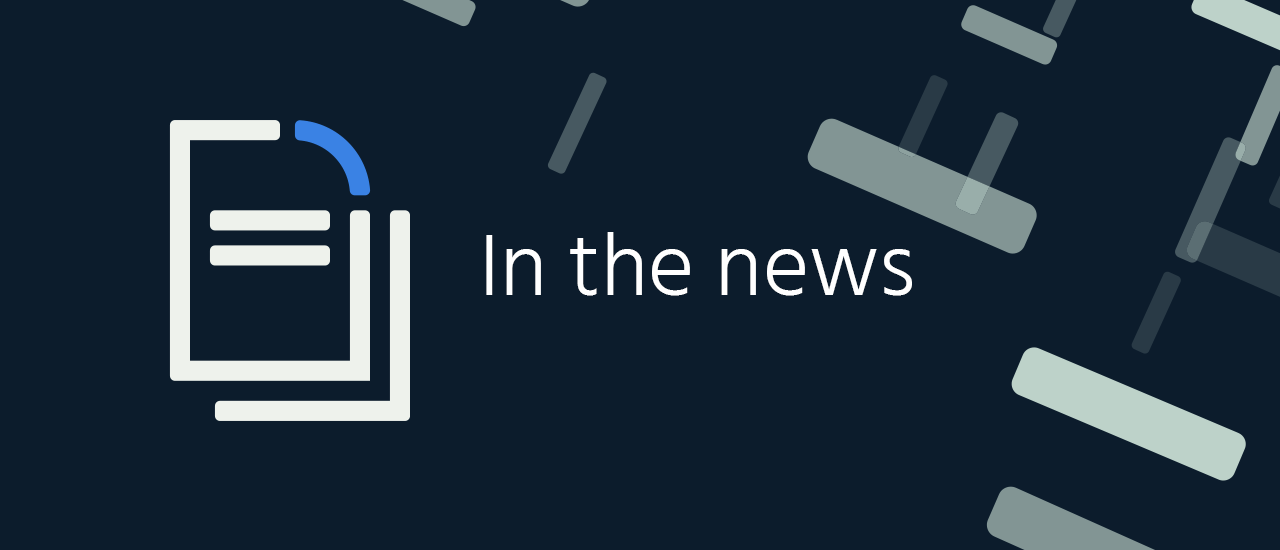What’s my password again? Microsoft has changed its baseline security configuration, which had suggested passwords be changed every 60 days, Ars Technica reports. Requiring users to change passwords so often can be counterproductive by encouraging them to pick easy-to-remember passwords, the article says.
Big money: Facebook has set aside $3 billion to pay a potential fine to the U.S. Federal Trade Commission over its handling of users’ personal data and various data breaches, CNet reports. Some critics say the expected fine, which could reach $5 billion, is a slap on the wrist for a company that clears tens of billions a year in profits, Recode suggests.
Blocking speech: Terrorist attacks in Sri Lanka that killed more than 350 people on April 21 have prompted the government there to block social media in an effort to prevent the spread of fake news, CNN reports. While some groups praised the decision others said that restricting free speech isn’t productive, Wired.com says.
Censorship on the rise: Meanwhile, it’s becoming increasingly common for governments to block Facebook and other social media for a variety of reasons. This social media blocking could lead to wider censorship efforts, The Verge suggests.
Please regulate us: The technology industry needs to be regulated because there are some “serious issues” facing companies, Apple CEO Tim Cook said. “We all have to be intellectually honest and admit that what we’re doing isn’t working,” Cook said in an article from The Street. “There are now too many examples where [having] ‘no rails’ has resulted in great damage to society.”
Isn’t it ironic? Twitter has declined to run tweets for a French government get-out-to-vote campaign, citing concerns that it would run afoul of the country’s fake news law, The Independent reports. Twitter has decided to block all political advertising campaigns, although the French Government Information Service calls the effort public information, not political content.
